Last updated on April 5, 2024
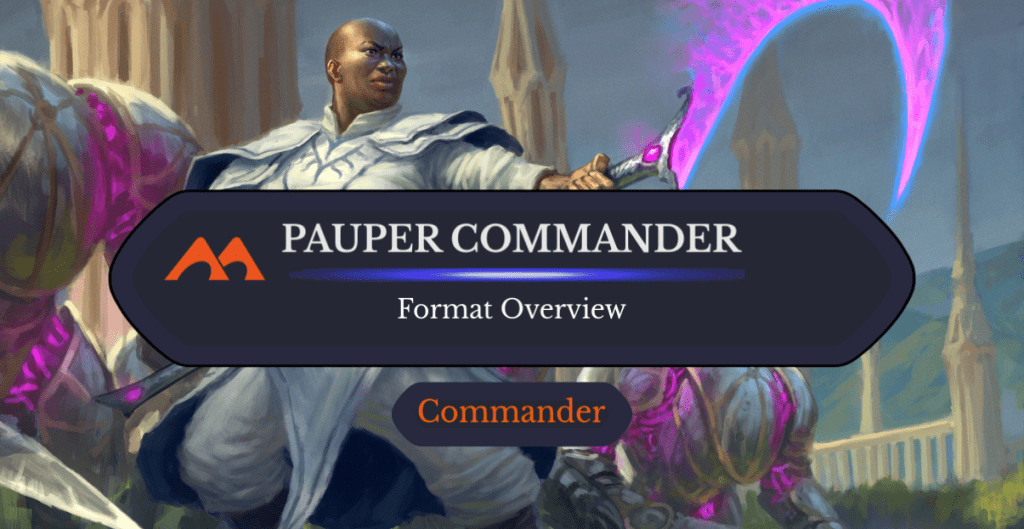
Third Path Iconoclast | Illustration by Manuel Castañón
While Magic has more than a few sanctioned formats, there's no reason you shouldn't make your own. That’s how Commander started, after all, and it’s a format that’s ripe for spinoffs that provide unique takes on a singleton format with hundred-card decks and a special game zone.
One such variant is Pauper Commander, which marries Magic’s most popular format with one of its most engaging Constructed formats: Pauper, the format of commons! Want to get into PDH? This is the guide for you!
What Is Pauper Commander?
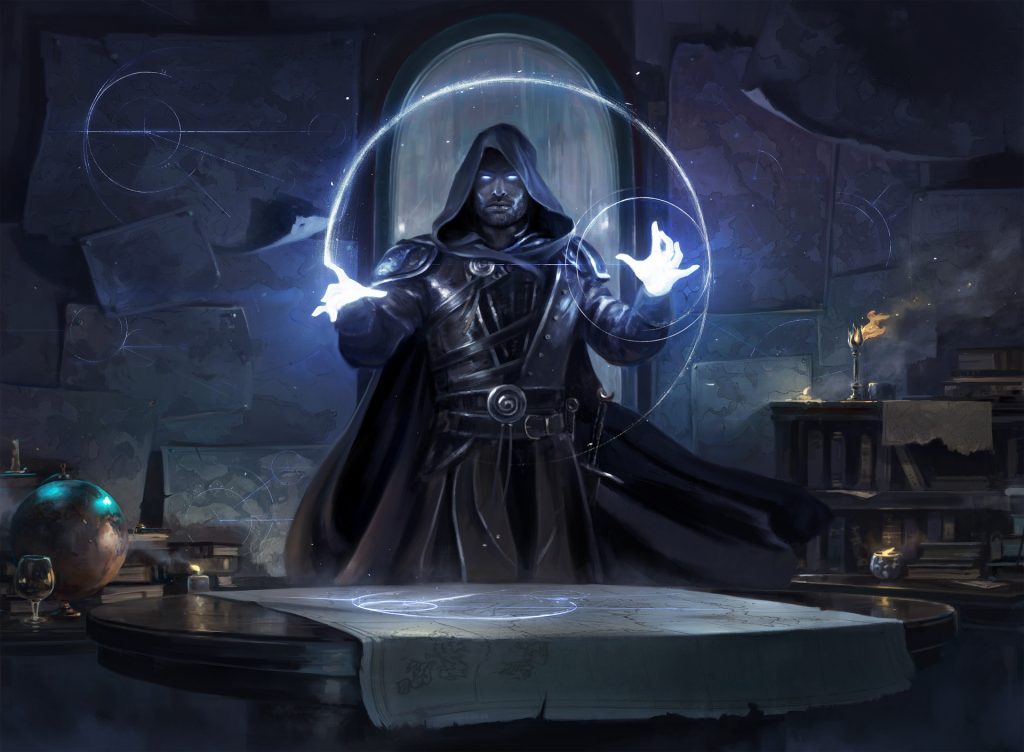
Rhystic Study | Illustration by Paul Scott Canavan
Pauper Commander is a variant of the Commander format. It takes many of EDH's core rules—100 card decks, commanders in the command zone, color identity, and the singleton format—but it applies rules that primarily affect card legality, namely in that any uncommon creature can be your commander and every card in the 99 must have at least one printing at common.
Who Is Pauper Commander For?
Pauper Commander is great for a few different kinds of Commander players. First and foremost, the brewers!
The rules of Pauper Commander allow you to play any uncommon creature as your commander, regardless of its legendary status. This vastly opens the space of what you can do. Sure, you lose out on 4- and 5-color combinations, but you get so much more. And commons-only doesn’t mean weak decks. Some of Magic’s best cards are common, and there are many ways to go infinite. If you choose to combo, the combos often change with the commander you pick, only adding to the diversity.
It’s also great for players who aren’t fans of power creep. As noted above, there are combos, but PDH can be a way to take a step back from all the for-Commander cards, complex mechanics, and the pushed stuff like Etali, Primal Conqueror. You start at lower life totals specifically to address the lower power level of the format. Again, PDH decks aren’t weak, but they’re weaker than standard Commander decks. Trying out this format can be a great change of pace.
Pauper Commander-Legal Sets
As an Eternal format, you can play cards from all sets in Magic’s history—provided they’re common and not part of the ban list, which includes cards with conspiracy and cards WotC doesn’t sanction in Constructed play.
Format legality for commons is defined by whether a card has received at least one printing at common on MTGO or in paper. MTG Arena-only common releases don’t affect PDH’s card pool.
Pauper Commander Rules
Pauper Commander is a Commander variant. It has two distinct differences in addition to its ban list. First and foremost, the rules of your commander change. Your commander has to be an uncommon creature, but it doesn't have to be a legendary uncommon creature. Additionally, background and partners are allowed, so long as both cards in the command zone are uncommon.
The second change comes to the 99: Your deck must be constructed from commons. Cards that have received at least one common printing are legal. Format legality only considers MTGO and paper releases; cards released as commons on Arena aren’t legal.
The format also has different rules for multiplayer matches and two-player matches. In multiplayer, each person starts at 30 life; lethal commander damage is 16; each player gets one free mulligan; and the starting player draws a card on their first turn.
In a two-person game, nobody gets a free mulligan, and the starting player doesn’t get to draw a card. Additionally, players start at 25 life instead of 30, and lethal commander damage is increased from 16 to 21.
Pauper Commander Ban List
The Pauper Commander ban list varies depending on if you’re playing multiplayer or two-player. Both ban lists include all cards WotC has removed from Constructed play, like ante cards, cards deemed racist, and the Conspiracy cards. In addition, the following cards are banned depending on your game mode:
Multiplayer:
Two-Player:
The variable bans make sense; Remora and Rhystic offer far more value in a multiplayer format than reasonable for commons but are vastly weaker in the 1v1. The two-player bans focus on cards offering lots of pressure or unfun play patterns. Loyal Apprentice and Agent of the Shadow Thieves provide immense pressure for aggressive decks. Certain color pairs would lose their commander forever to Oubliette’s phasing ability.
Where to Play Pauper Commander
There are a few choices of places to play Pauper EDH. First up, MTGO! The recent updates with Commander Freeform support a few commander variants, including Oathbreaker and PDH.
Another great option is Spelltable. You can set up a room directly through the client or find a match in a PDH-oriented Discord server.
You can also try to spark interest at your local game store! Cultivating a local playgroup can take a bit of work, but it’s often more rewarding than playing with random people online as you’ll have a better sense of rule 0 conversations and set the stage for friendships beyond the game.
Pauper Commander Decks
Jumping into any new format can be intimidating, so I’m offering up three decklists that can be useful starting points to get into the format. These decks meet the ban list requirements for multiplayer and two-player games. You can play them under either circumstance.
Iconic Combo
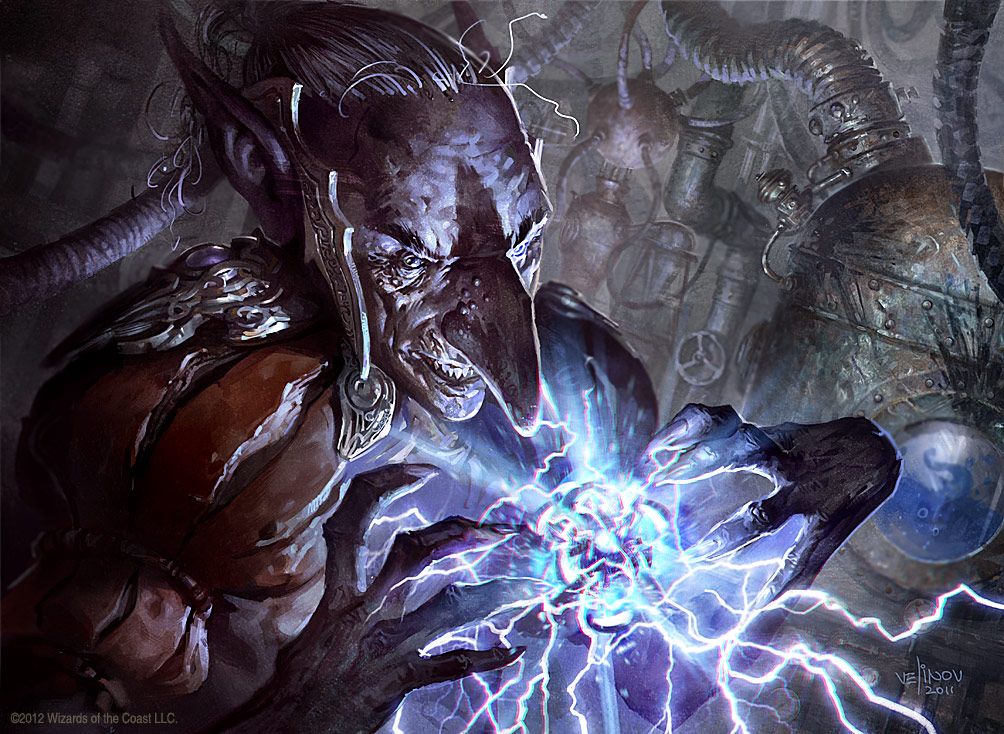
Goblin Electromancer | Illustration by Svetlin Velinov
Commander (1)
Creatures (14)
Firebrand Archer
Goblin Electromancer
Kessig Flamebreather
Battered Golem
Drift of Phantasms
Flamewave Invoker
Mirran Spy
Sage's Row Denizen
Trinket Mage
Archaeomancer
Ardent Elementalist
Merrow Levitator
Peregrine Drake
Pondering Mage
Instants (26)
Banishing Knack
Brainstorm
Burst Lightning
Consider
Dispel
Dizzy Spell
Gut Shot
High Tide
Lightning Bolt
Retraction Helix
Turn Aside
Arcane Denial
Counterspell
First Day of Class
Izzet Charm
Logic Knot
Mana Leak
Miscalculation
Muddle the Mixture
Negate
Perilous Research
Displace
Frantic Search
Ghostly Flicker
Quick Study
Trumpet Blast
Sorceries (12)
Chain Lightning
Gitaxian Probe
Ponder
Preordain
Serum Visions
Shared Discovery
Grapeshot
Merchant Scroll
Of One Mind
Lórien Revealed
Thoughtcast
Treasure Cruise
Artifacts (11)
Everflowing Chalice
Herbal Poultice
Lotus Petal
Tormod's Crypt
Arcane Signet
Fire Diamond
Izzet Signet
Mind Stone
Sky Diamond
Commander's Sphere
Honored Heirloom
Lands (36)
Ash Barrens
Command Tower
Evolving Wilds
Highland Lake
Island x15
Izzet Boilerworks
Izzet Guildgate
Molten Tributary
Mountain x8
Mystic Sanctuary
Prismari Campus
Silverbluff Bridge
Swiftwater Cliffs
Terramorphic Expanse
Volatile Fjord
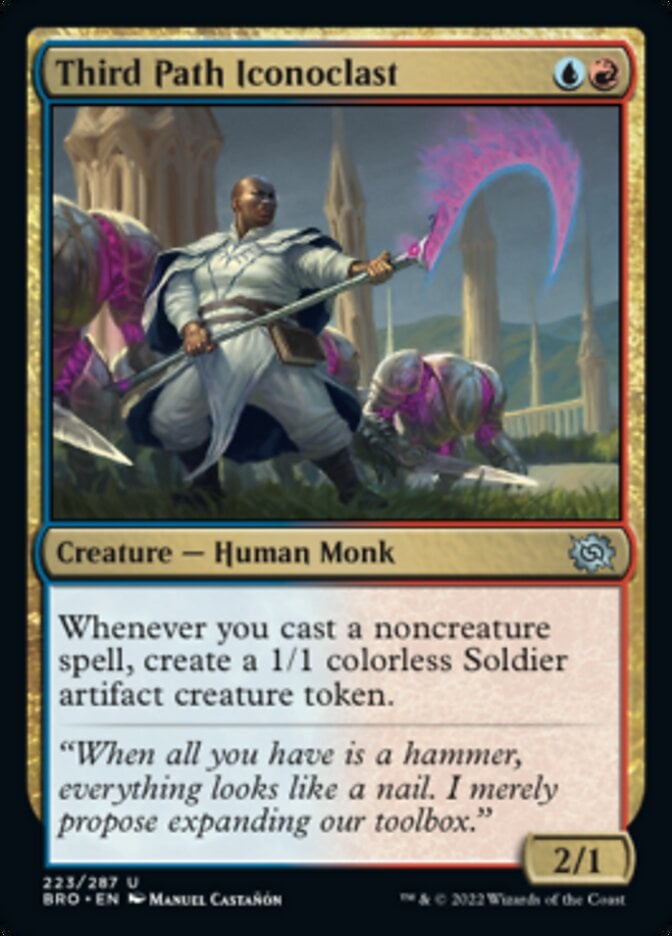
First up is an Izzet combo deck helmed by Third Path Iconoclast. This deck’s primary win conditions are a few combos.
The first utilizes Ghostly Flicker or Displace + Peregrine Drake + Archaeomancer or Ardent Elementalist to generate infinite mana and spell casts.
The second utilizes Retraction Helix or Banishing Knack alongside 0-mana artifacts and Battered Golem or Mirran Spy to bounce and recast the artifact infinitely (Merrow Levitator enables this combo with Drake or Cloud of Faeries).
Though these combos use different pieces, they have the same general effect: casting tons of spells. If you’re working with the blue creatures, Sage's Row Denizen can be a win condition, but Firebrand Archer and Kessig Flamebreather win with any of these combos.
Additionally, you get tons of value from your commander. The combos generate infinite tokens, but you can play a bunch of spells and overwhelm your opponents with cards. This is a very combo-centric deck. It’s got some interaction, but it focuses on ripping through the deck with card draw and tutors to assemble quick combo kills.
Flickering Herds
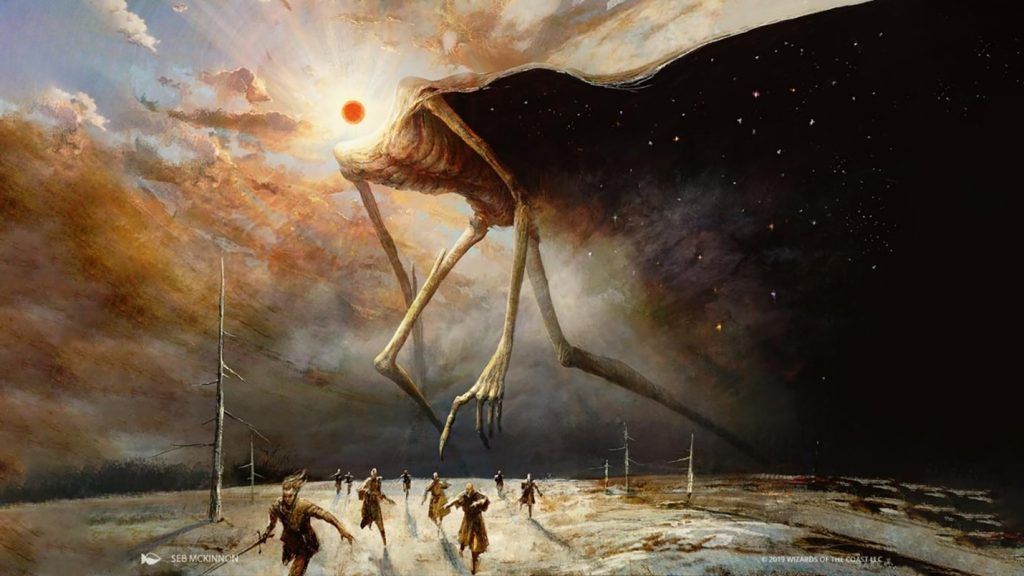
Soulherder | Illustration by Seb McKinnon
Commander (1)
Creatures (32)
Faerie Seer
Soul Warden
Soul's Attendant
Thraben Inspector
Cloud of Faeries
Dawnbringer Cleric
Deputy of Acquittals
Moon-Circuit Hacker
Spirited Companion
Stormscape Familiar
Sunscape Familiar
Drift of Phantasms
Inspiring Overseer
Man-o'-War
Naiad of Hidden Coves
Priest of Ancient Lore
Sage's Row Denizen
Sailor of Means
Aarakocra Sneak
Archaeomancer
Biblioplex Assistant
Dwarven Priest
Moonsnare Specialist
Ninja of the Deep Hours
Stonehorn Dignitary
Custodi Squire
Mulldrifter
Peregrine Drake
Pondering Mage
Salvager of Secrets
Eagles of the North
Mirrorshell Crab
Instants (16)
Brainstorm
Cloudshift
Dispel
Dizzy Spell
Ephemerate
Turn Aside
Arcane Denial
Counterspell
Destroy Evil
Justiciar's Portal
Momentary Blink
Muddle the Mixture
Blur
Displace
Generous Gift
Ghostly Flicker
Sorceries (4)
Ponder
Preordain
Sunlance
Lórien Revealed
Enchantments (2)
Journey to Nowhere
Oblivion Ring
Artifacts (8)
Arcane Signet
Azorius Signet
Golden Egg
Mind Stone
Star Compass
Thought Vessel
Honored Heirloom
Meteorite
Lands (37)
Ash Barrens
Azorius Chancery
Azorius Guildgate
Brokers Hideout
Command Tower
Evolving Wilds
Glacial Floodplain
Idyllic Beachfront
Island x14
Meandering River
Mystic Sanctuary
Plains x8
Razortide Bridge
Sea Gate
Sejiri Steppe
Terramorphic Expanse
Tranquil Cove
This deck features Soulherder as its commander. While it also employs the Peregrine Drake–Ghostly Flicker combo seen in the Iconoclast deck, it’s not all-in on the combo.
The combo is more of a finishing move for a grindy, midrange-control deck. Soulherder is an incredibly strong card. Not only does it become a large threat, but it offers a steady stream of card advantage. Flickering cards like Inspiring Overseer and Priest of Forgotten Lore offers a steady stream of card advantage, but you also get interaction from cards like Dawnbringer Cleric and Man-o'-War.
The recursive elements help push this deck over the top. All your Archaeomancer variants, alongside Custodi Squire, ensure you have a constant stream of cards available to you. This deck dominates long games, but the combo gives it outs to win quickly.
THE BOULDER SAYS SMASH
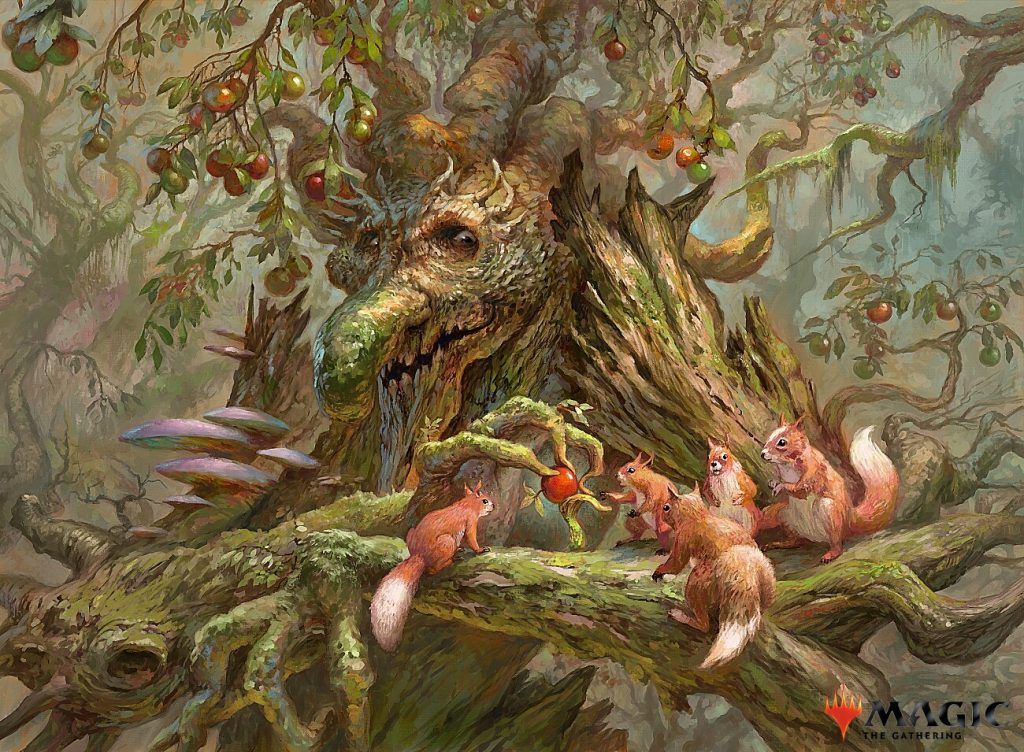
Generous Ent | Illustration by Simon Dominic
Commander (1)
Creatures (32)
Arbor Elf
Elves of Deep Shadow
Elvish Mystic
Llanowar Elves
Creeping Bloodsucker
Goblin Anarchomancer
Putrid Leech
Thunderscape Familiar
Llanowar Visionary
Crimson Fleet Commodore
Rubblebelt Maaka
Avenging Hunter
Beanstalk Wurm
Diregraf Horde
Boarding Party
Cavern Stomper
Elvish Aberration
Generous Ent
Greater Tanuki
Ironhoof Boar
Lava Serpent
Oliphaunt
Orchard Strider
Phyrexian Gargantua
Troll of Khazad-dûm
Annoyed Altisaur
Boulderbranch Golem
Greater Sandwurm
Krosan Tusker
Nurturing Bristleback
Molten Monstrosity
Ulamog's Crusher
Instants (10)
Lightning Bolt
Nature's Claim
Vines of Vastwood
Cast Down
Doom Blade
Terminate
Branching Bolt
Consume Strength
Snuff Out
Wrecking Ball
Sorceries (15)
Exhume
Explore
Farseek
Ground Assault
Nature's Lore
Night's Whisper
Rampant Growth
Sign in Blood
Three Visits
Cultivate
Kodama's Reach
Read the Bones
Dread Return
Skull Rend
Summon Undead
Artifacts (6)
Arcane Signet
Mind Stone
Star Compass
Thought Vessel
Bonder's Ornament
Honored Heirloom
Lands (36)
Ash Barrens
Black Dragon Gate
Cliffgate
Command Tower
Evolving Wilds
Forest x9
Geothermal Bog
Geothermal Crevice
Haunted Mire
Highland Forest
Manor Gate
Mountain x5
Sulfurous Mire
Swamp x5
Terramorphic Expanse
Thriving Bluff
Thriving Grove
Thriving Moor
Wooded Ridgeline
Woodland Chasm
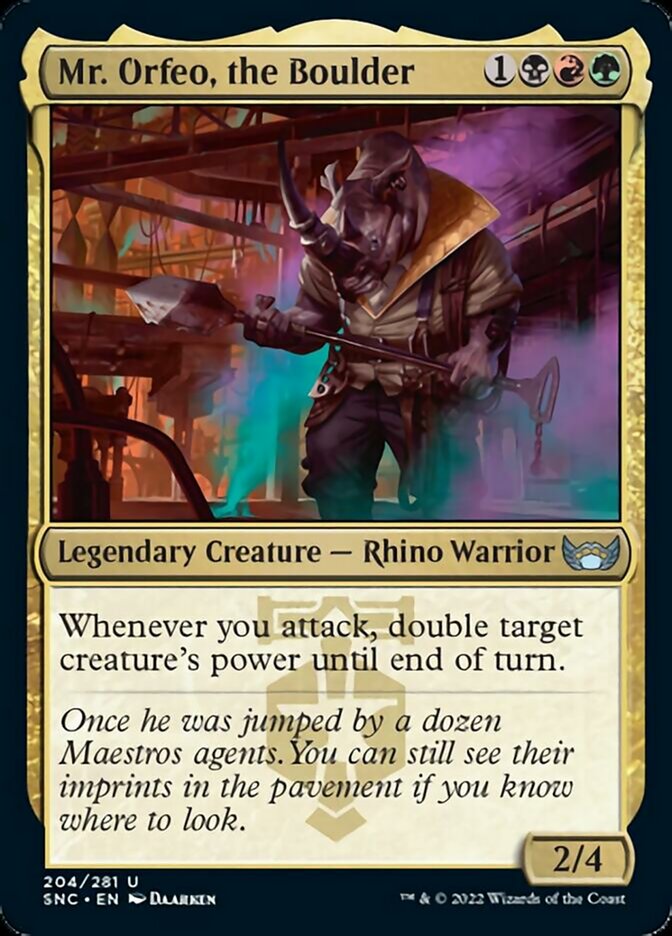
Should you wish to start your Pauper EDH journey with something more casual that’s not filled with infinite combos, this ramp list is helmed by Mr. Orfeo, the Boulder and wins by going face with the biggest creatures.
Don’t mistake casual for weak. This deck has some incredibly potent threats like Ulamog's Crusher and Greater Sandwurm that attack for near-lethal amounts of damage with Mr. Orfeo’s buff. You accelerate them with a ramp package that wouldn’t be out of place in a regular Commander game. The dual lands from Kaldheim and Dominaria United notably do a lot to let Nature's Lore and Three Visits help fix your mana.
It’s all backed up by some of the best interaction and card draw in the format. In addition to cards like Night's Whisper and Read the Bones, many of your biggest threats have cycling, so you rip through the deck. The cycling cards are essential so you don’t have huge cards stranded in your hand during the early game, but you also use them to exploit reanimation effects like Exhume and Dread Return. Who said casual Magic had to be fair?
Getting Started with Pauper Commander
A few good starting points for Pauper Commander could be assessing any Pauper staples you own. Cards like Lightning Bolt, Counterspell, and Brainstorm are common in many Pauper and Pauper EDH decks. Building your Pauper EDH deck with an eye on the Pauper Constructed format can be a great way to expand your collection with playables.
If getting started in a format with so many legal commanders seems daunting, one way to narrow it down is to start with signpost uncommons from recent sets. Signpost uncommons are the 2-color cards that signal to drafters what the color pair wants to do, like Third Path Iconoclast signaling The Brothers' War’s deck cares about noncreature spells or The Lost Caverns of Ixalan’s GolgariDescend deck being signaled by Akawalli, the Seething Tower. These cards are designed to play a specific game plan, so building around them is a simple way to get started, and choosing ones from sets you’ve played gives you a good starting point to move forward.
Pauper Commander Products
At the moment, Pauper Commander is a purely fan-driven format without any dedicated product support from Wizards. That said, much like Pauper proper, every new format brings a rush of new commons and some uncommons for exciting commanders, so the format is continually expanding.
Pauper Commander Communities
There are a few great communities online to find PDH players.
First and foremost, PDH Home Base is the website that grounds the entire format. In addition to the site, they have a Discord server dedicated to the format, which is a great place to set up Spelltable matches and a channel specifically for finding local PDH players for paper games.
PDH also has a Reddit page that’s perfect for getting quick tips and advice on the format as well as staying up to date with the latest releases and downshifts in the format.
As always, you can always stop by the Draftsim Discord to find players and discussion for any format!
Commanding Conclusion
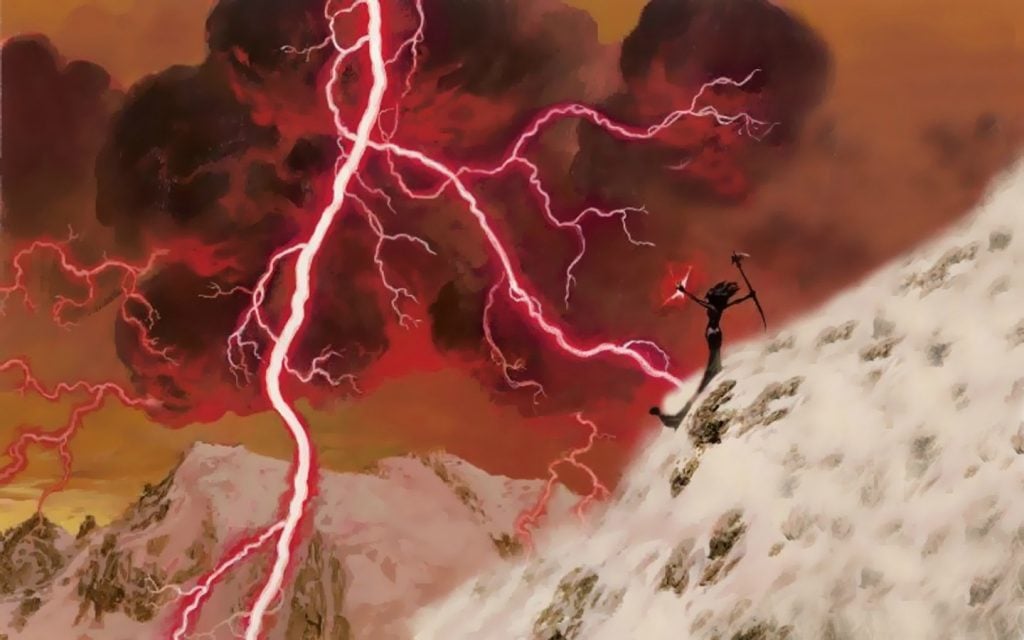
Lightning Bolt | Illustration by Christopher Moeller
Commander is a diverse format filled with unique and interesting deck ideas, but the bones of the format are ripe for interesting quirks. Pauper Commander’s unique ruleset expands the number of legal commanders greatly while restricting the 99 to commons only.
While this seems like a big restriction, don’t forget the words of Mark Rosewater: “Restrictions breed creativity.” And, as various infinite combos and Pauper decks prove, commons-only doesn’t make the decks weak.
What’s your favorite uncommon creature? What would your first PDH deck be? Let me know in the comments or on the Draftsim Discord!
Stay safe, and keep thrifty!
Follow Draftsim for awesome articles and set updates: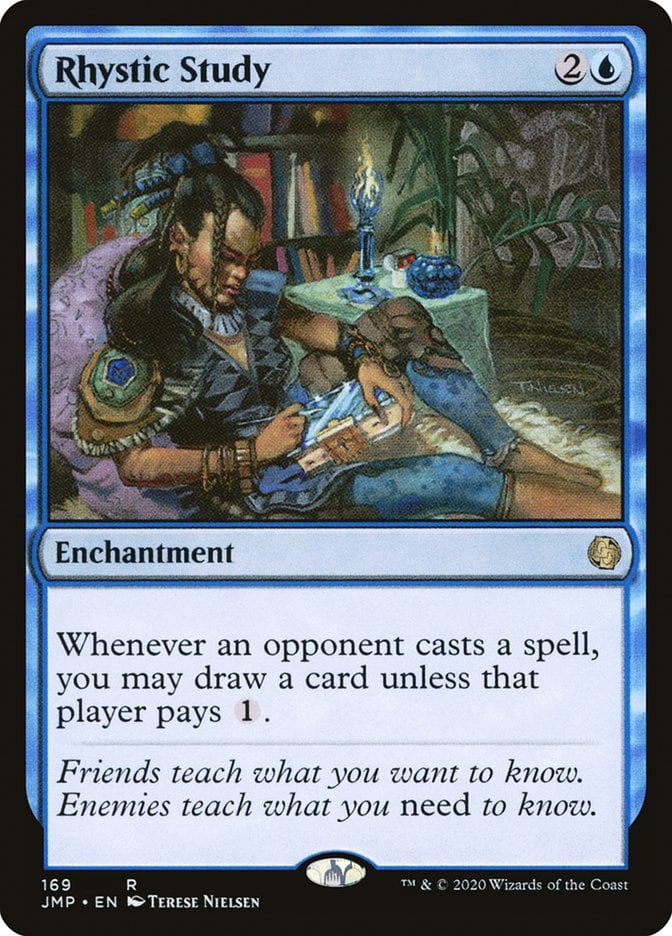
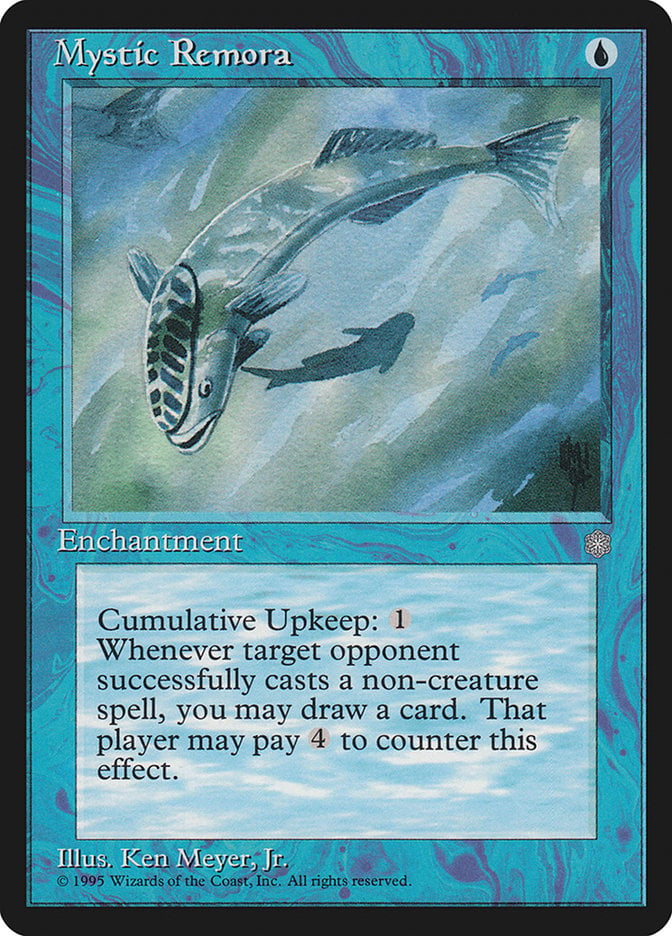
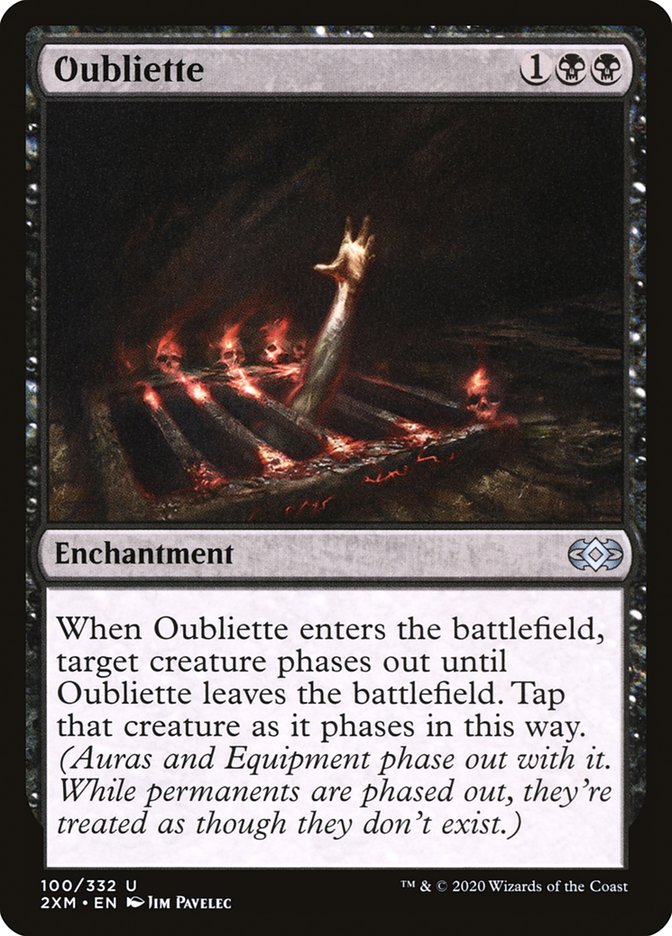
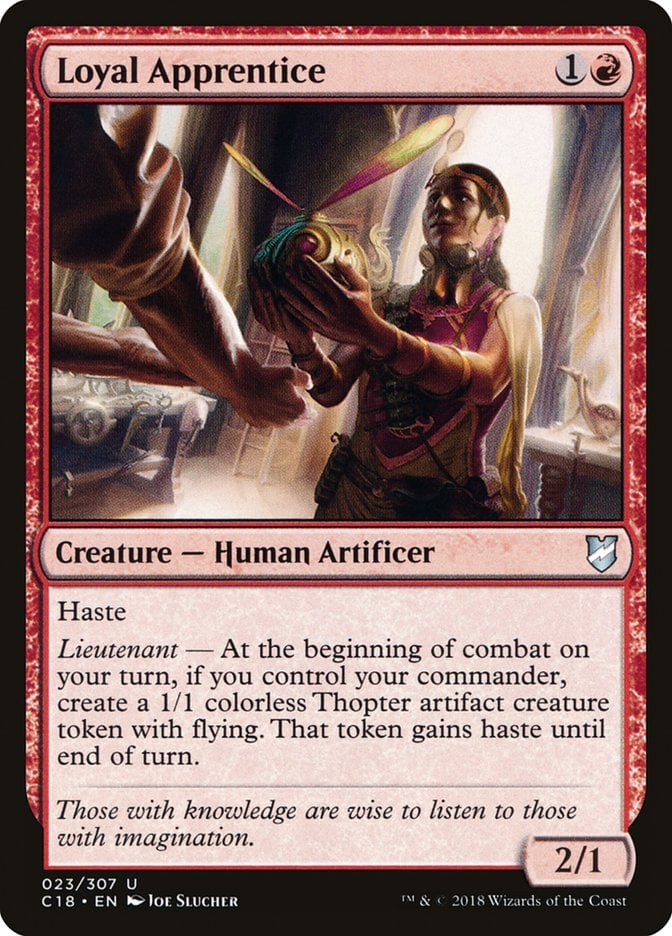
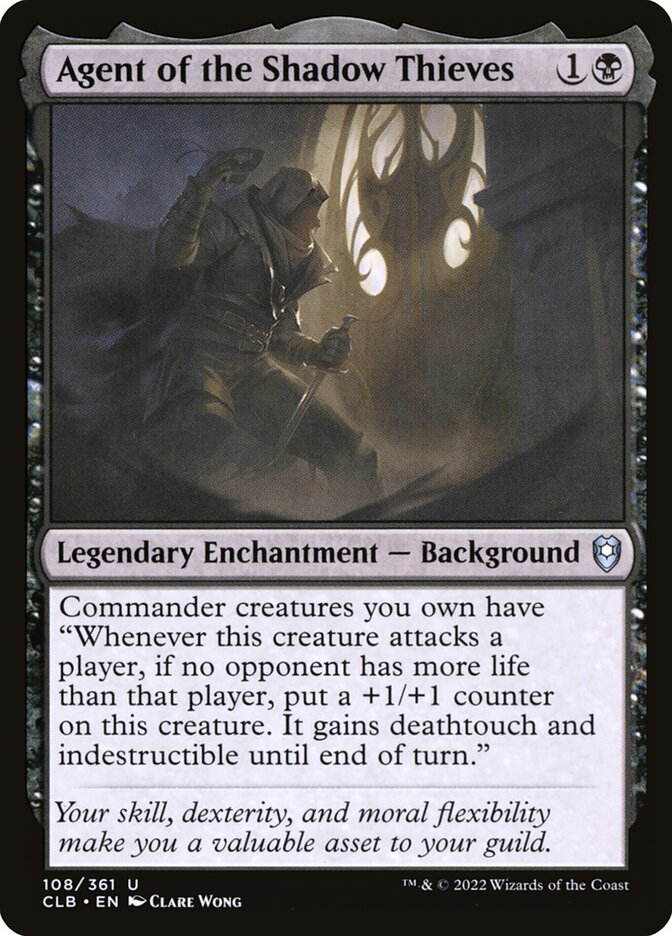
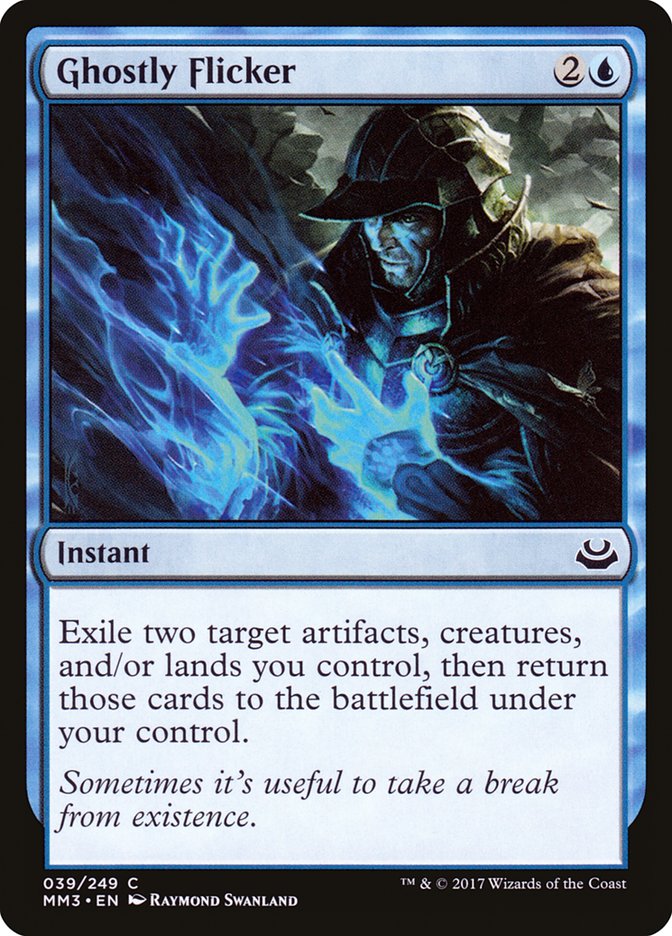
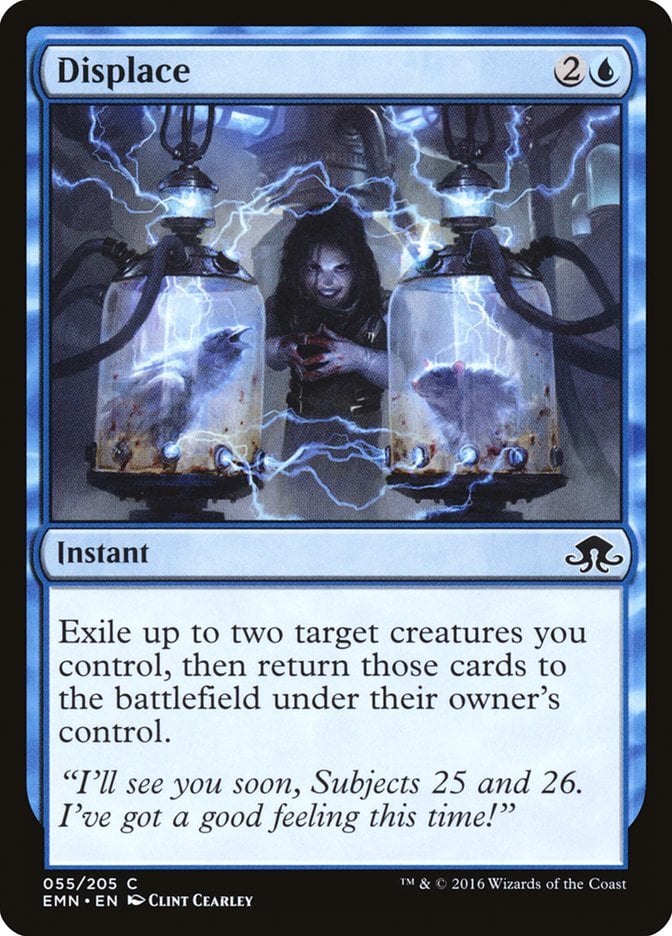
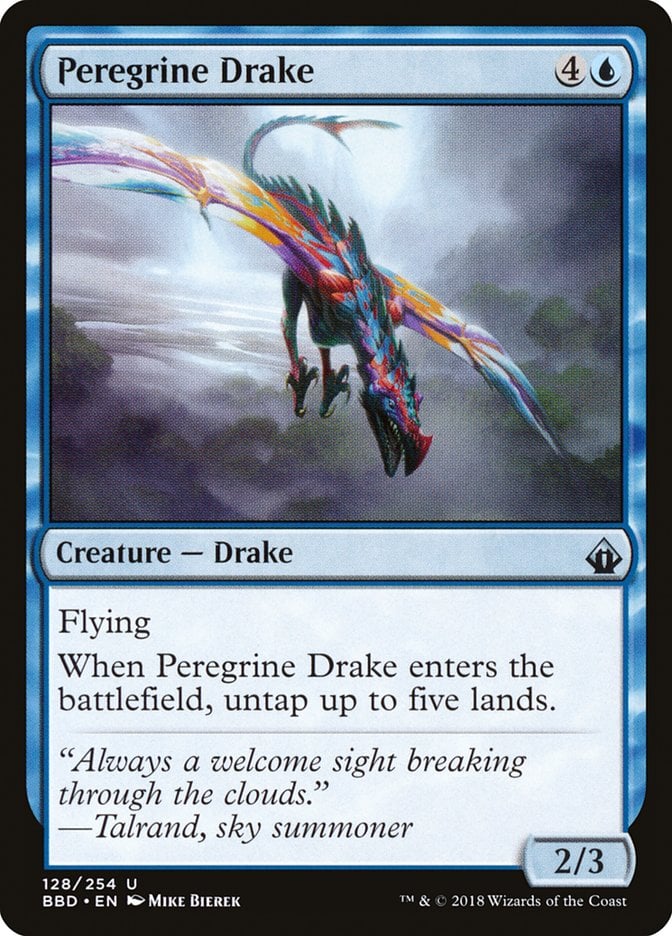
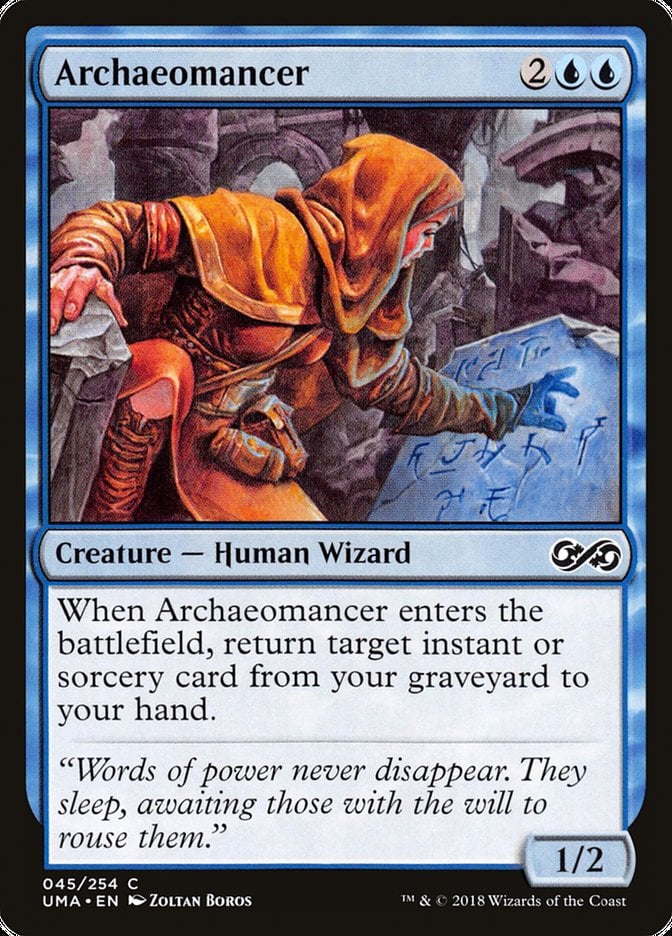
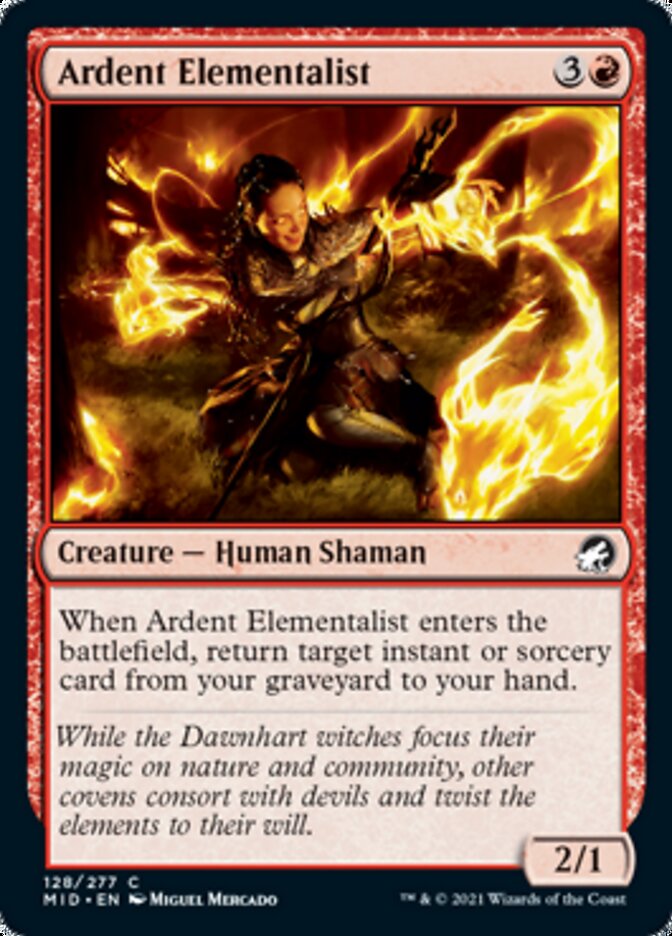
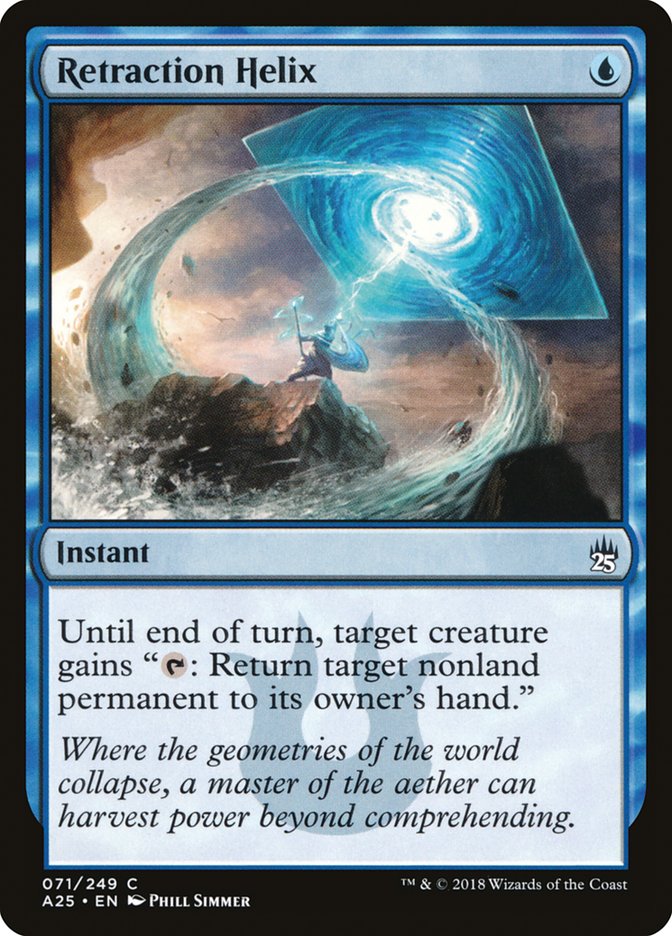
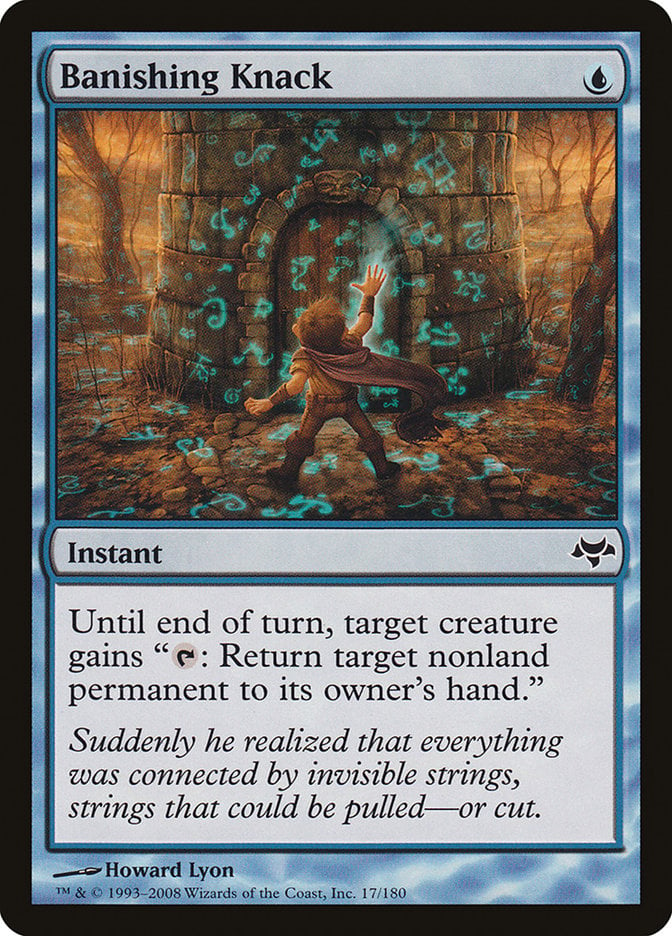
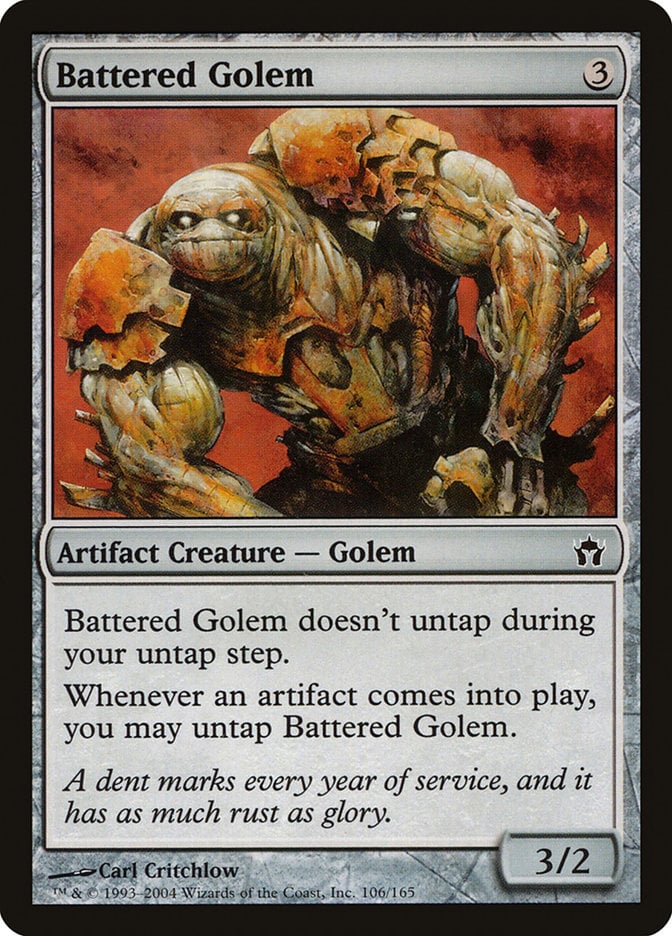
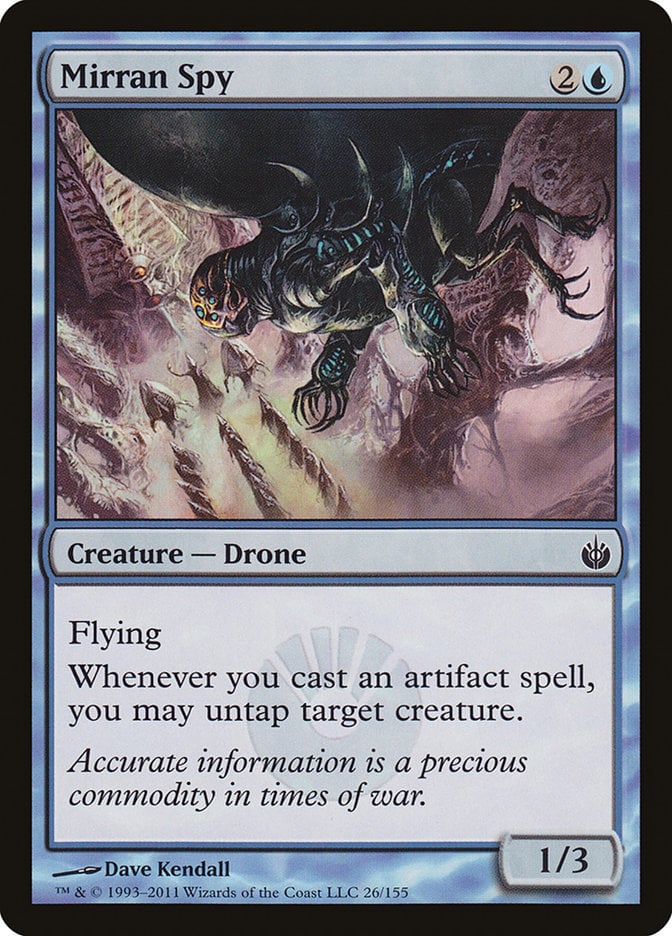
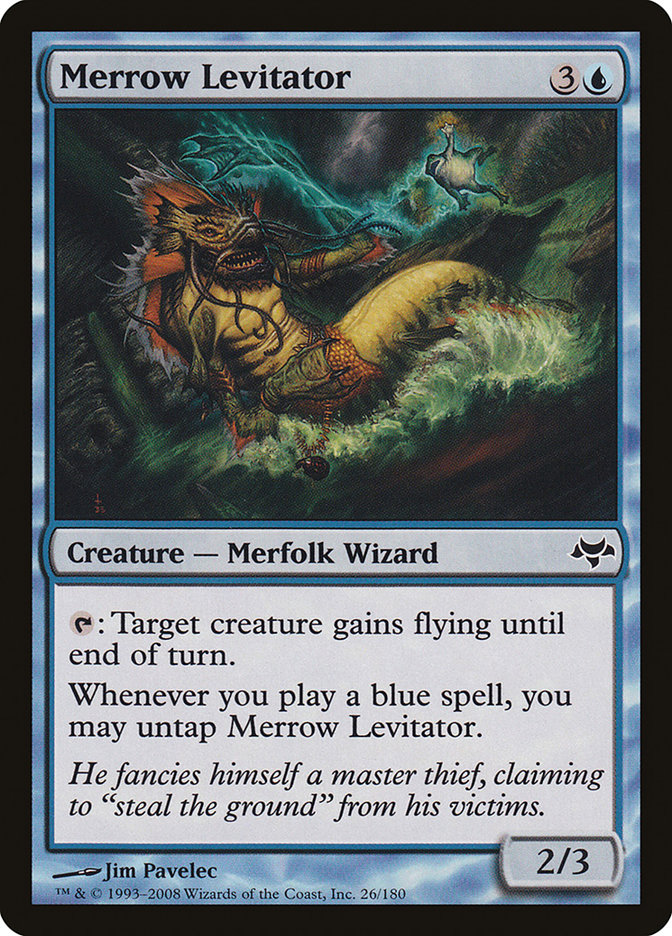
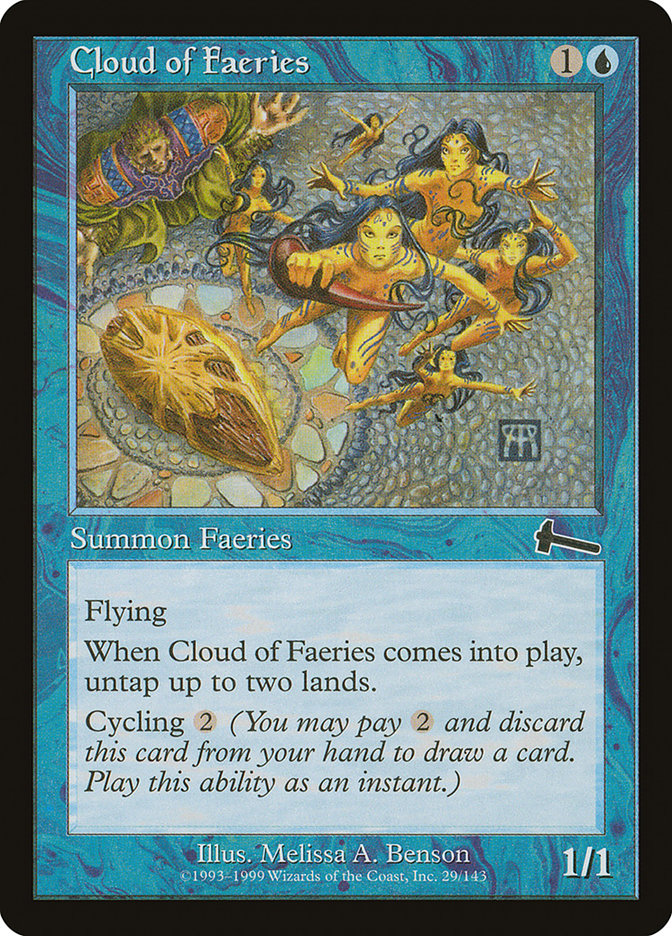
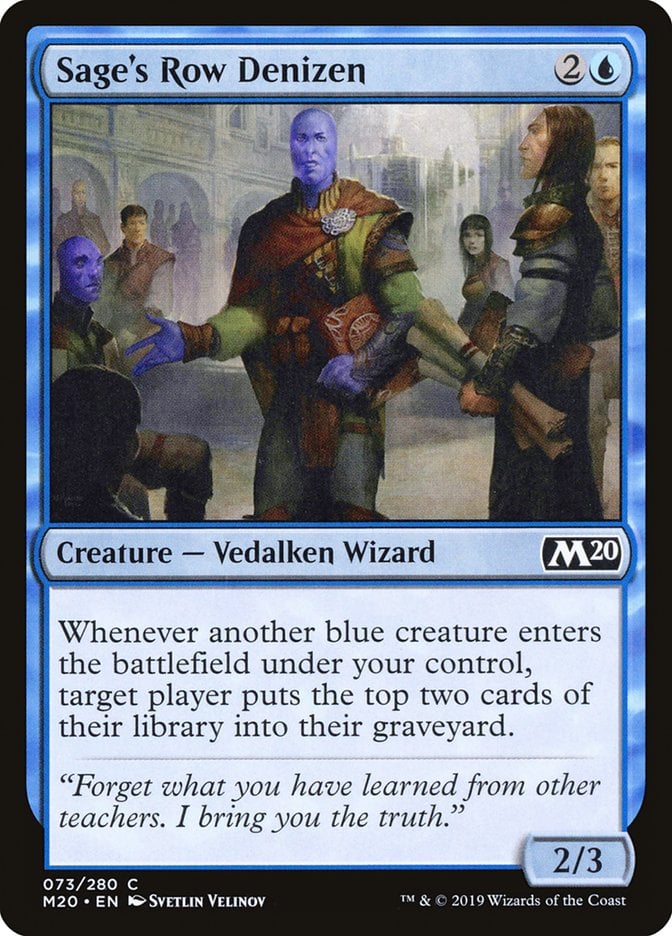
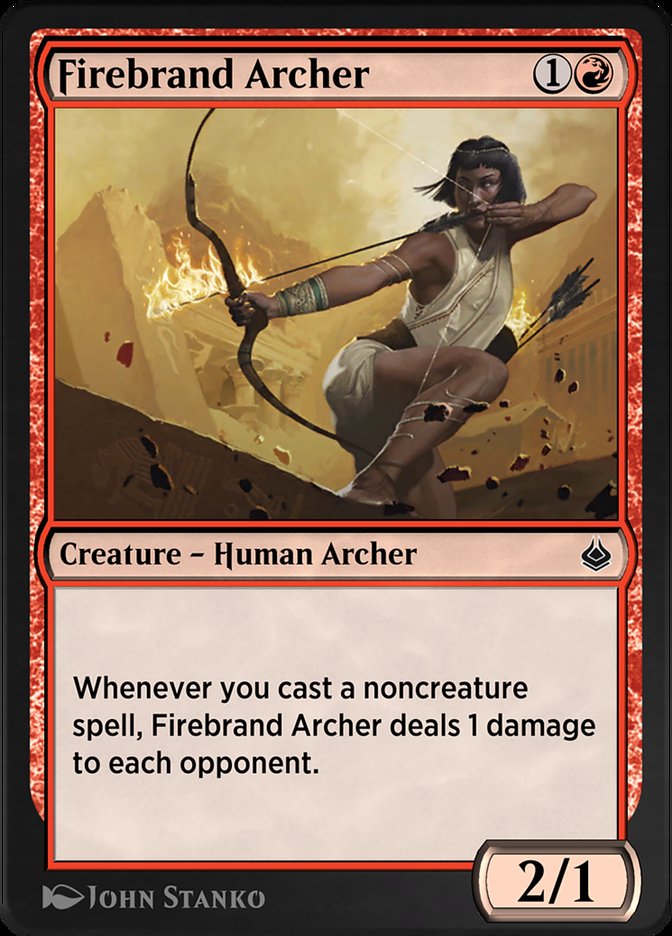
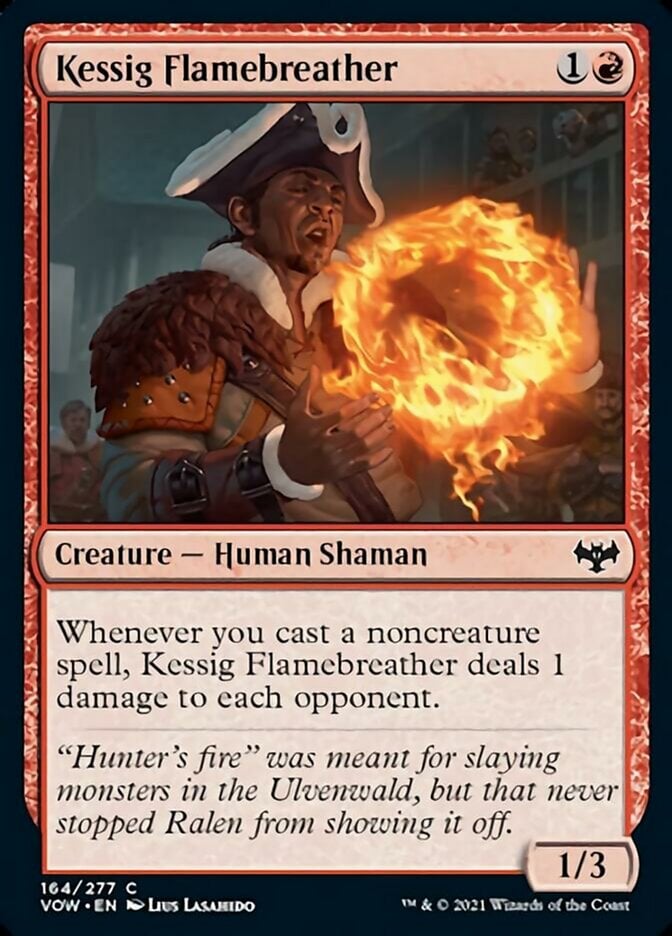
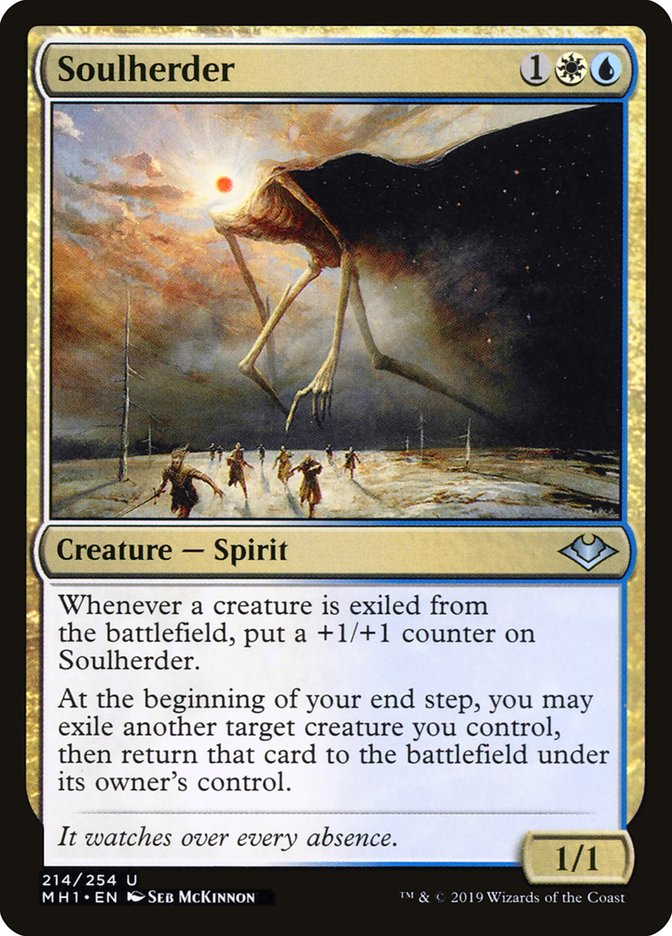
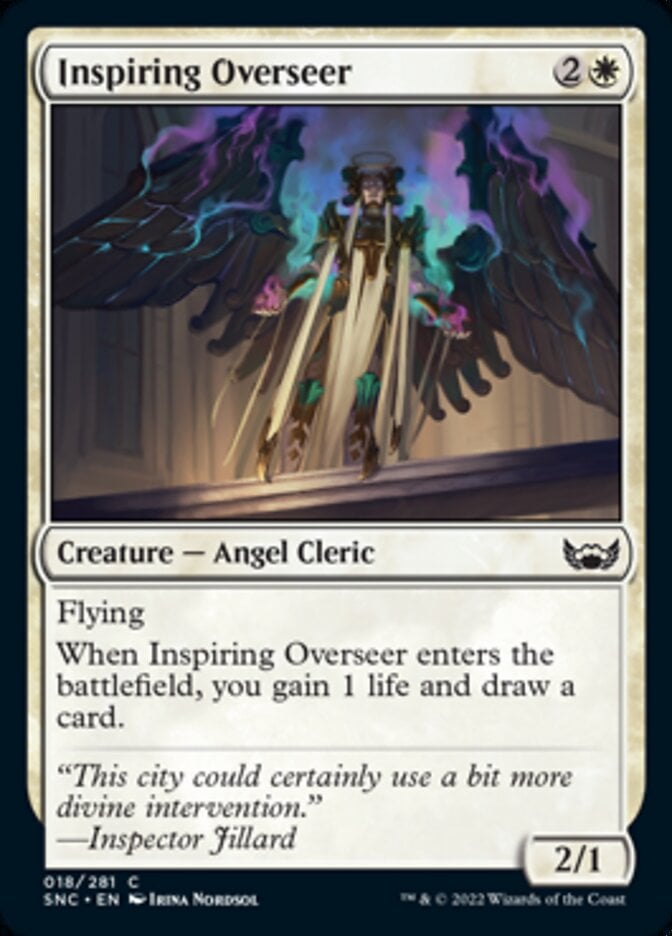
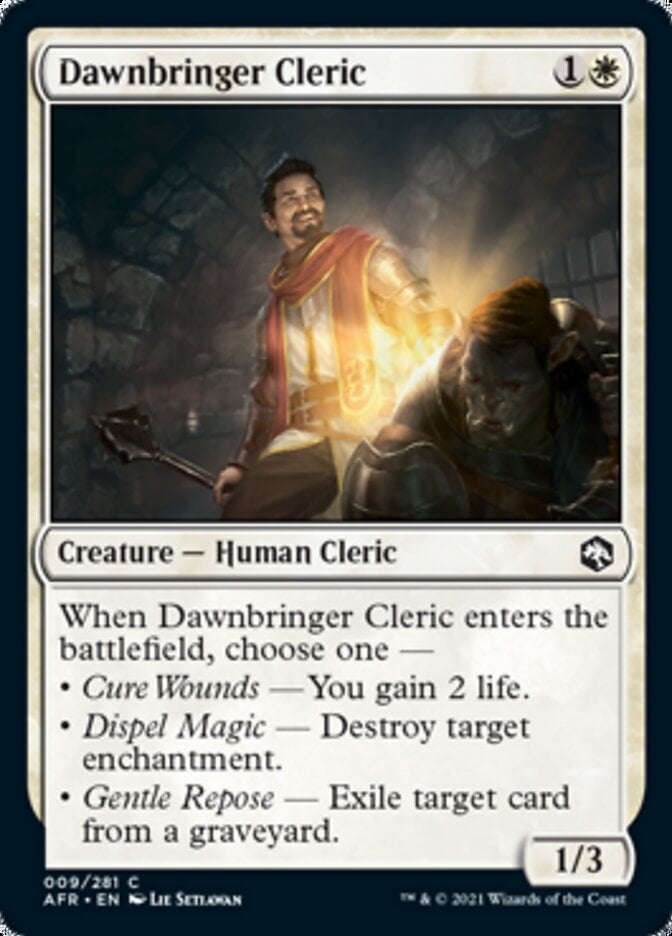
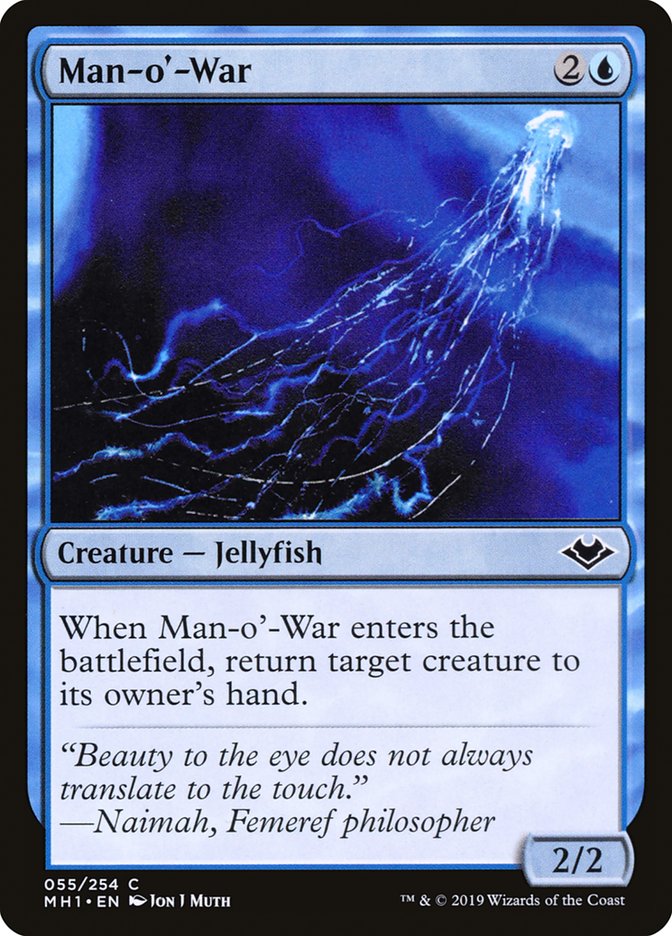
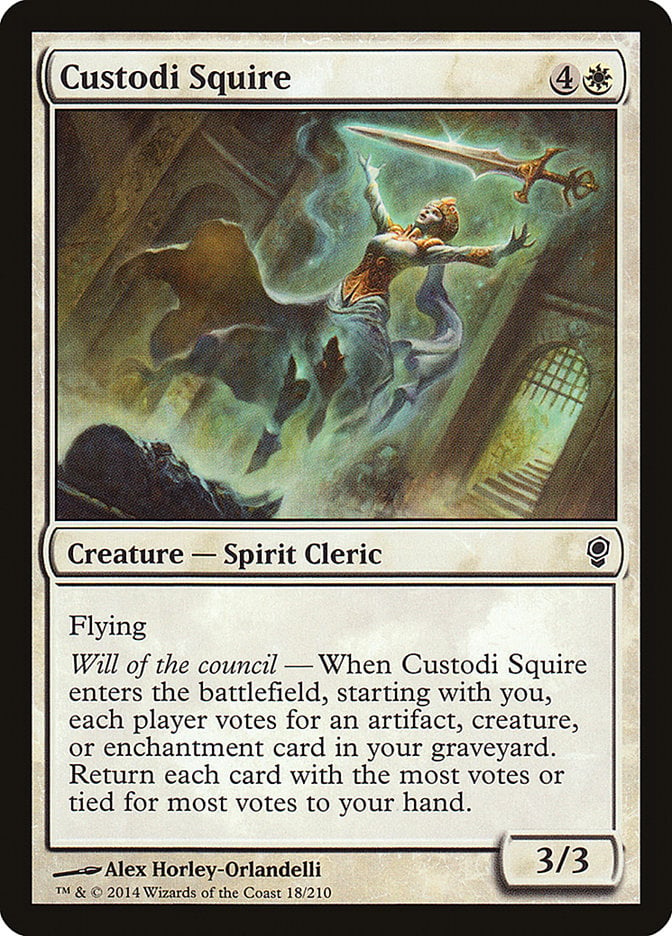
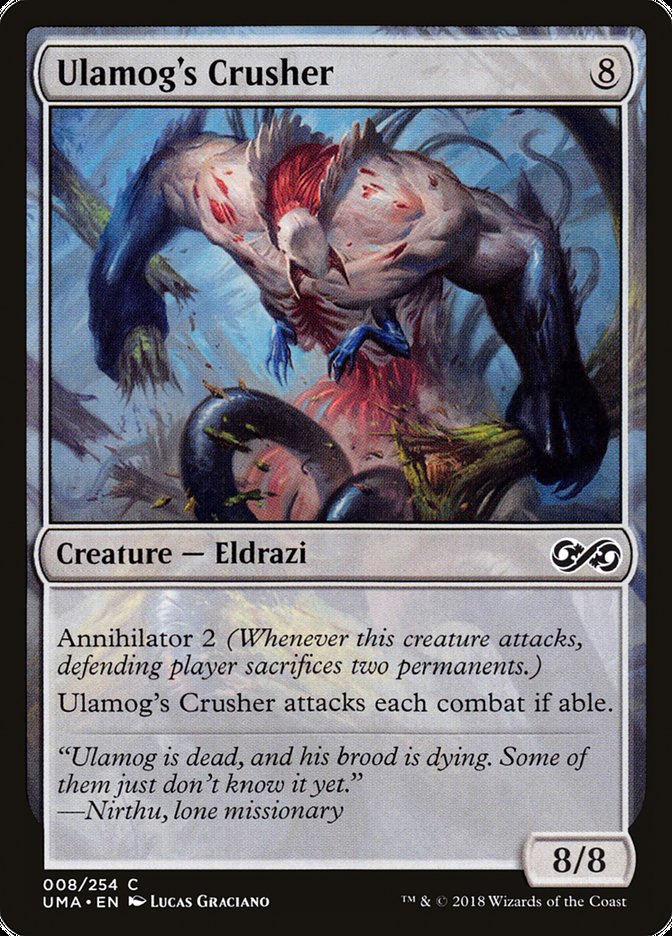
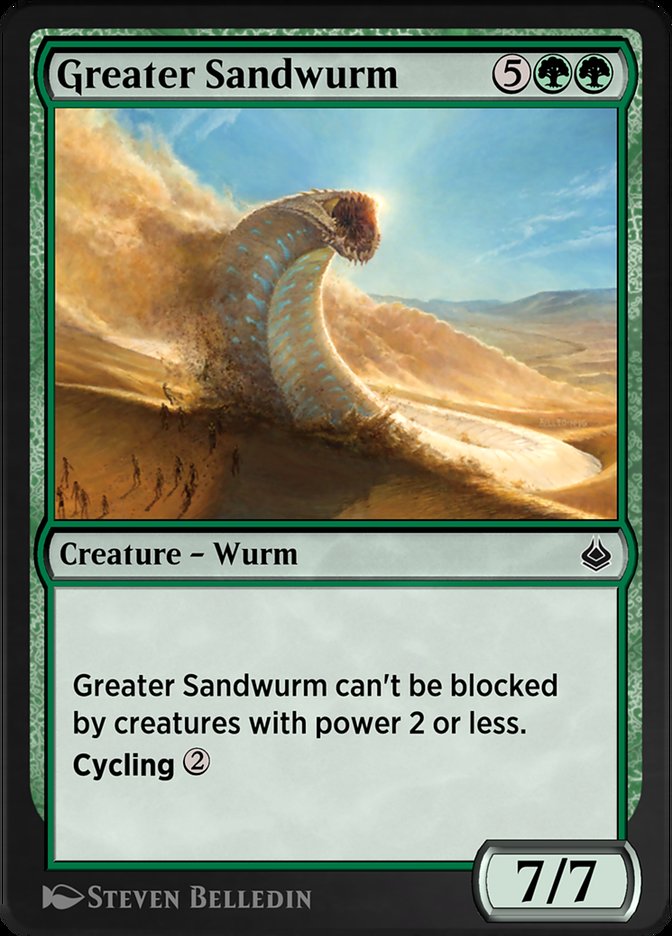
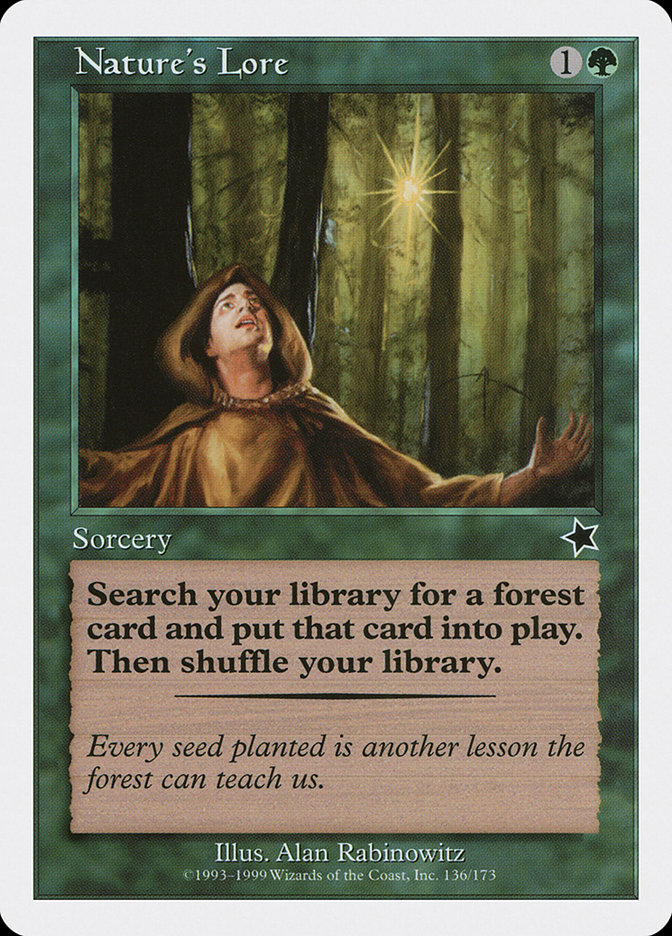
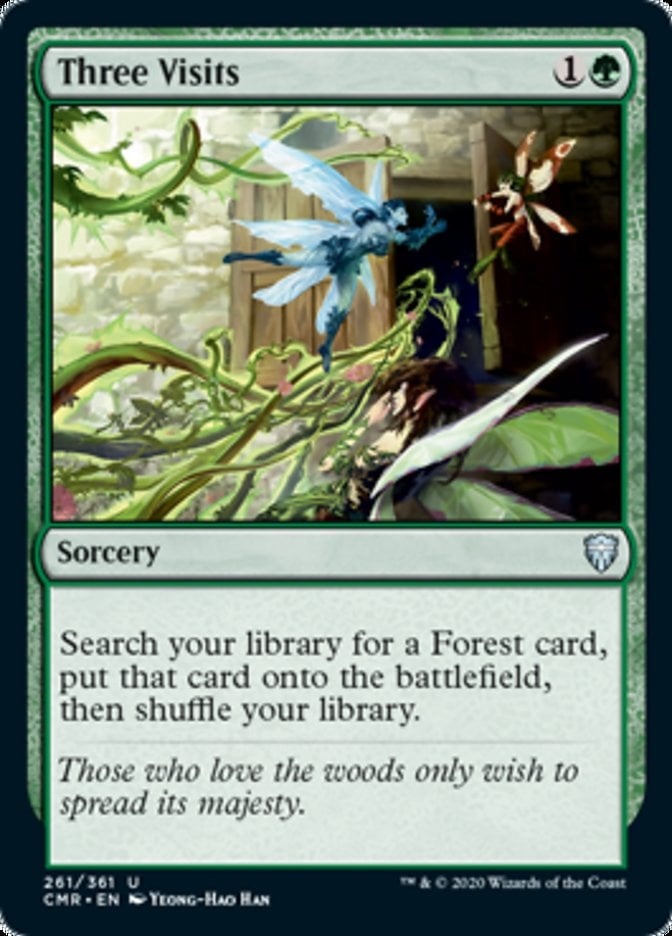
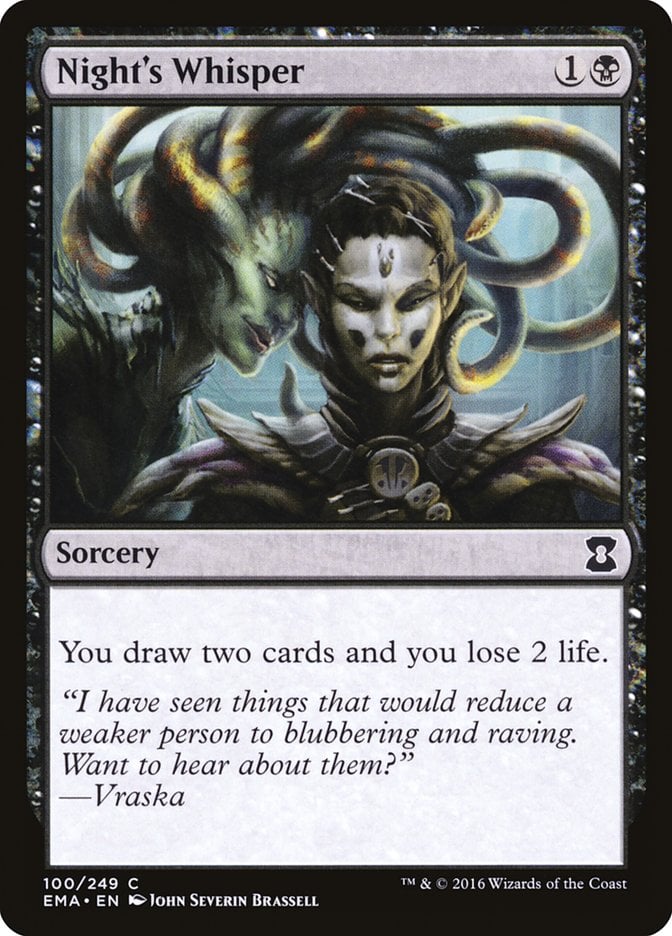
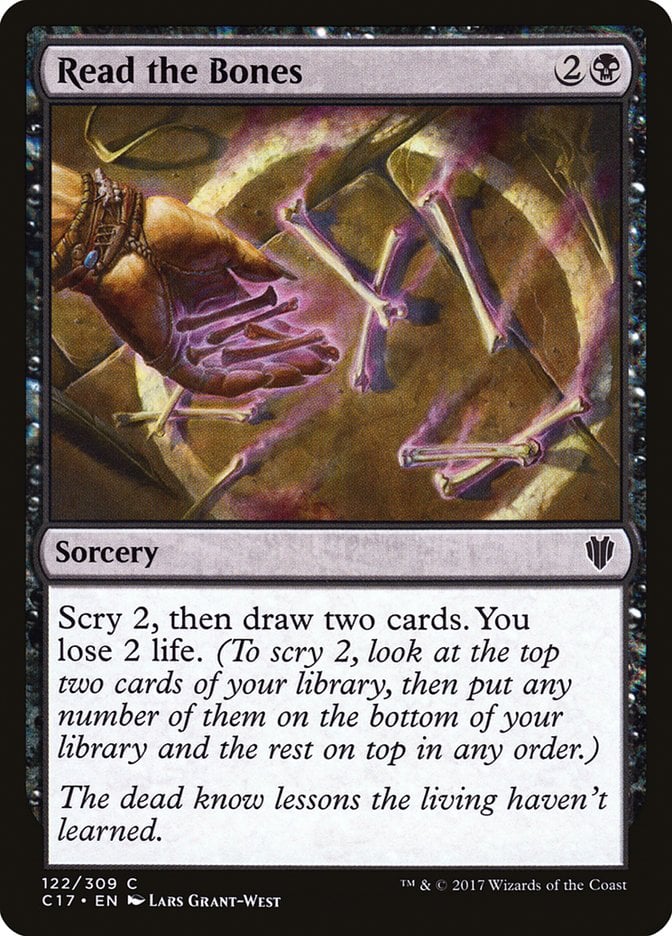
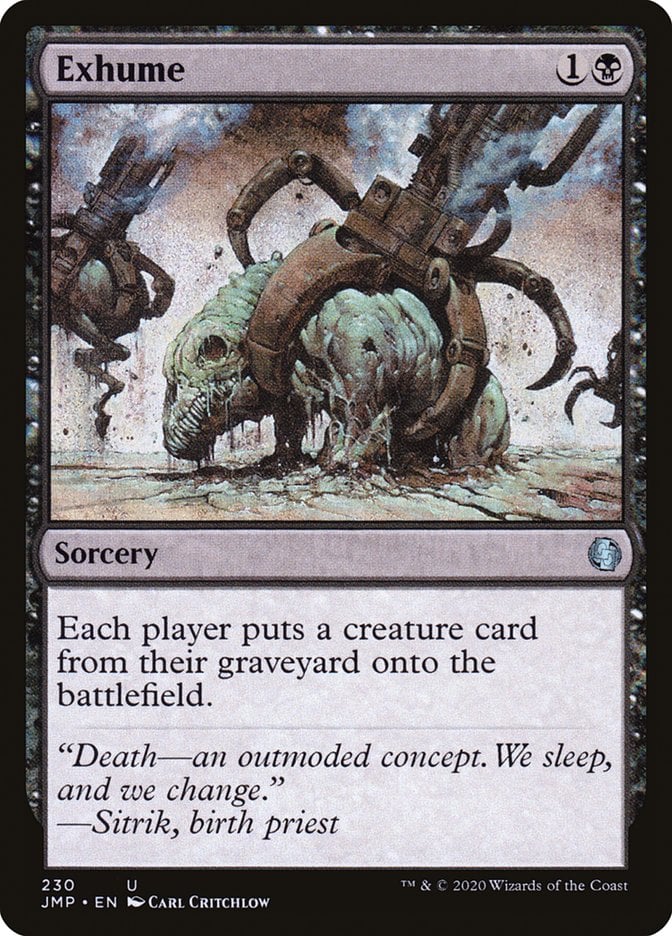
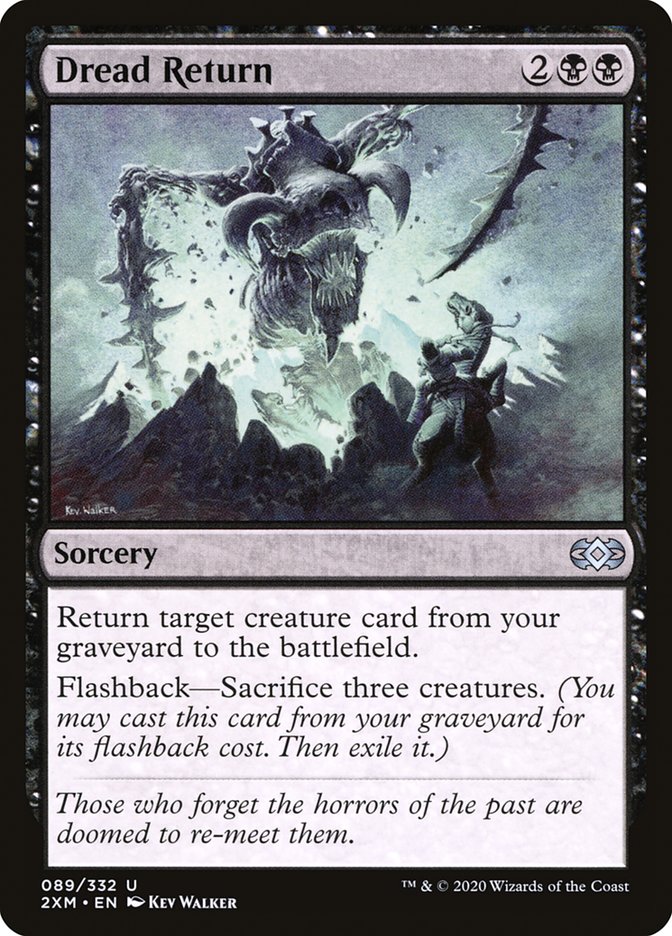
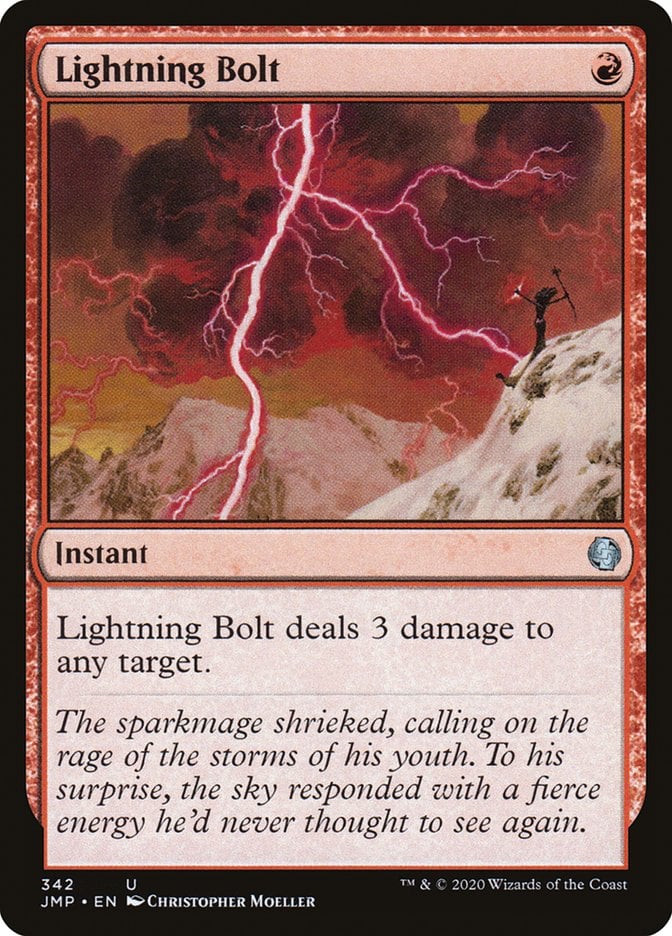
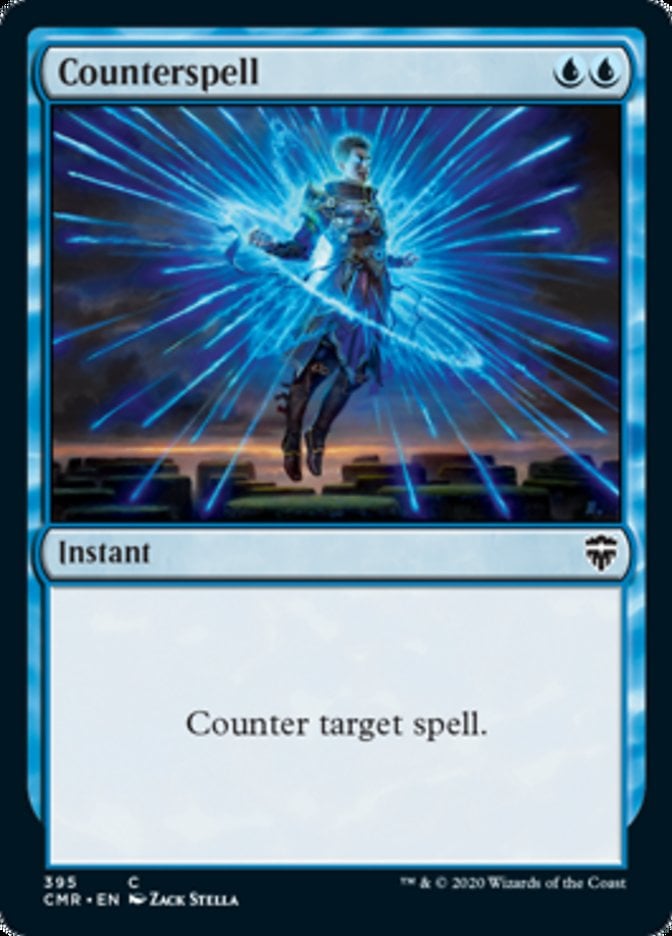
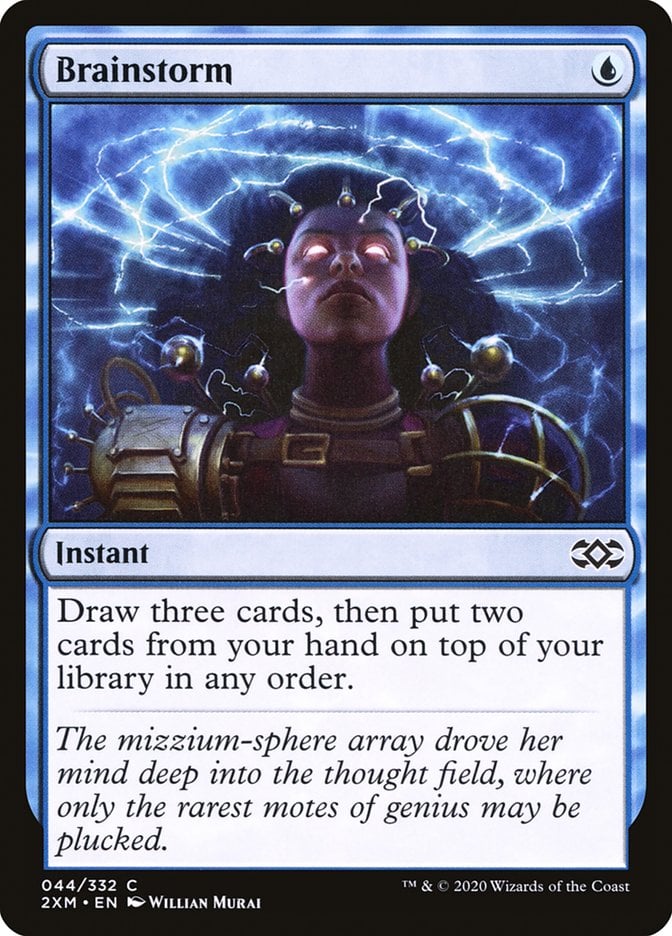
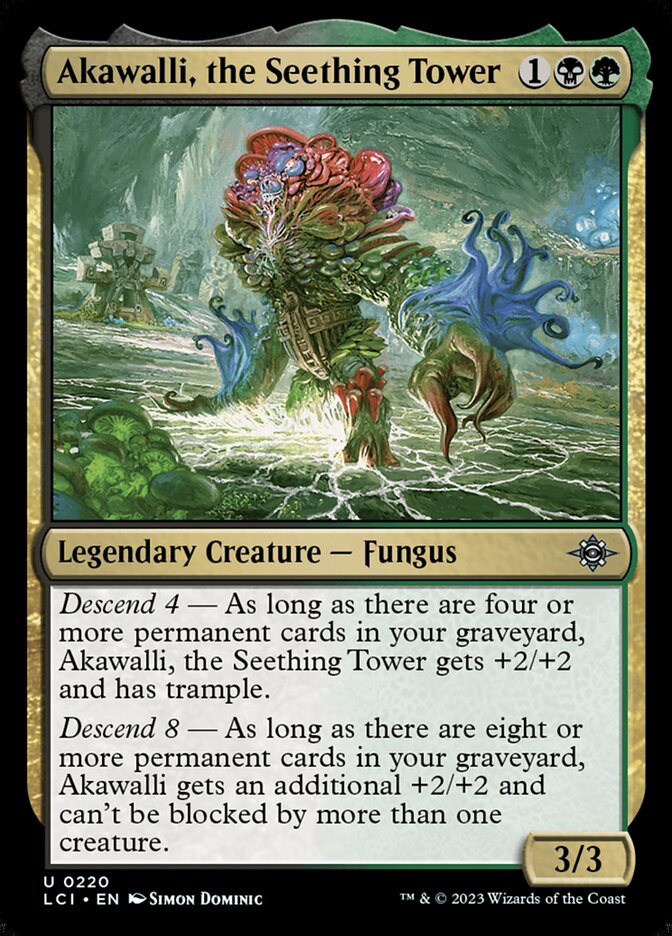
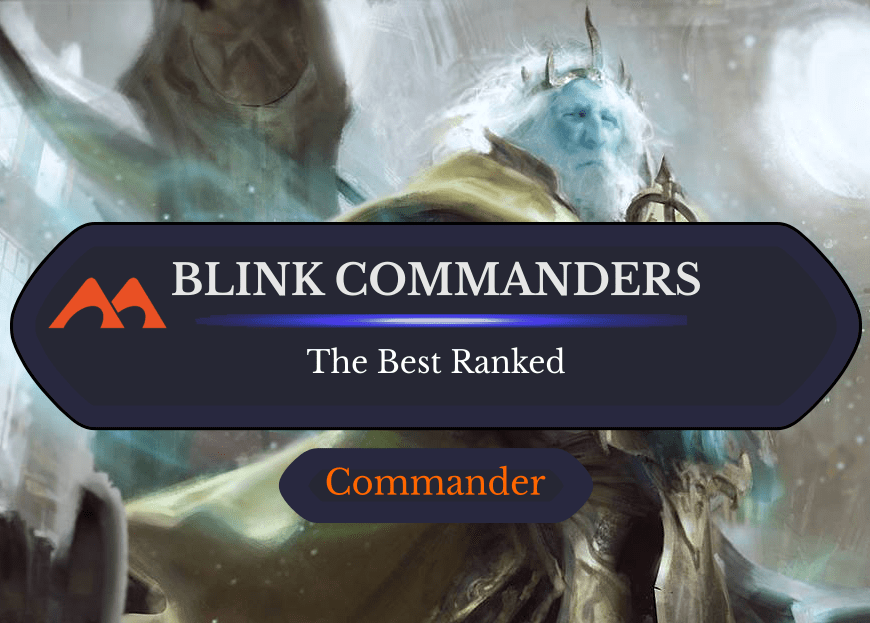
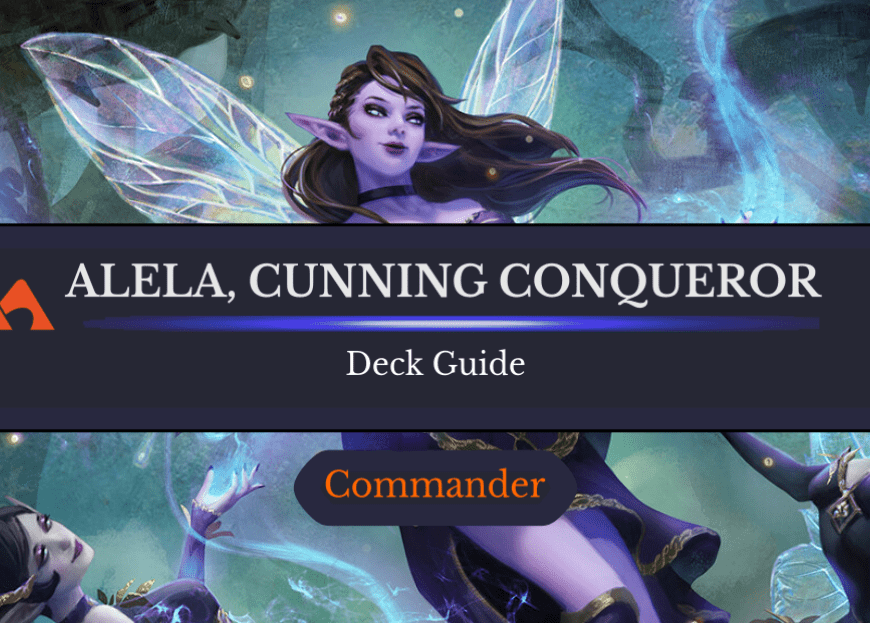
Add Comment